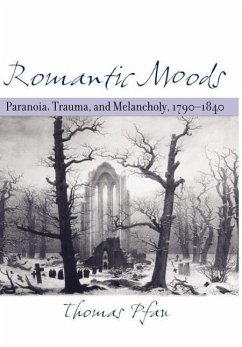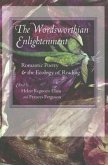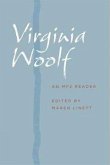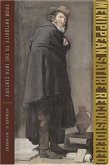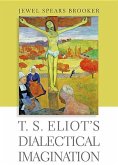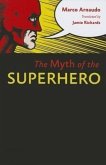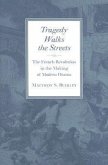This large and ambitious study reinterprets the evolution of British and German Romanticism as a progress through three successive 'moods.' By this term Pfau here means emotion "read in its embodied manifestation as the 'voice' of a historical moment, rather than that of a given individual." In constructing this reading, he draws on a multifaceted philosophical tradition influenced most strongly by Heidegger and Kant, but also by such wide-ranging figures as Hegel, Marx, Nietzsche, Freud, and Adorno, among others. The result is a new understanding of the basis of the Romantic poet's voice (picking up on the German etymological link between Stimmung, 'mood,' and Stimme, 'voice') as a holistic cultural condition not localizable as either content or form, textual or psychic. This is a work for scholars and advanced students, one that is likely to stimulate considerable reaction and make a significant and enduring contribution to Romantic studies.
Hinweis: Dieser Artikel kann nur an eine deutsche Lieferadresse ausgeliefert werden.
Hinweis: Dieser Artikel kann nur an eine deutsche Lieferadresse ausgeliefert werden.

